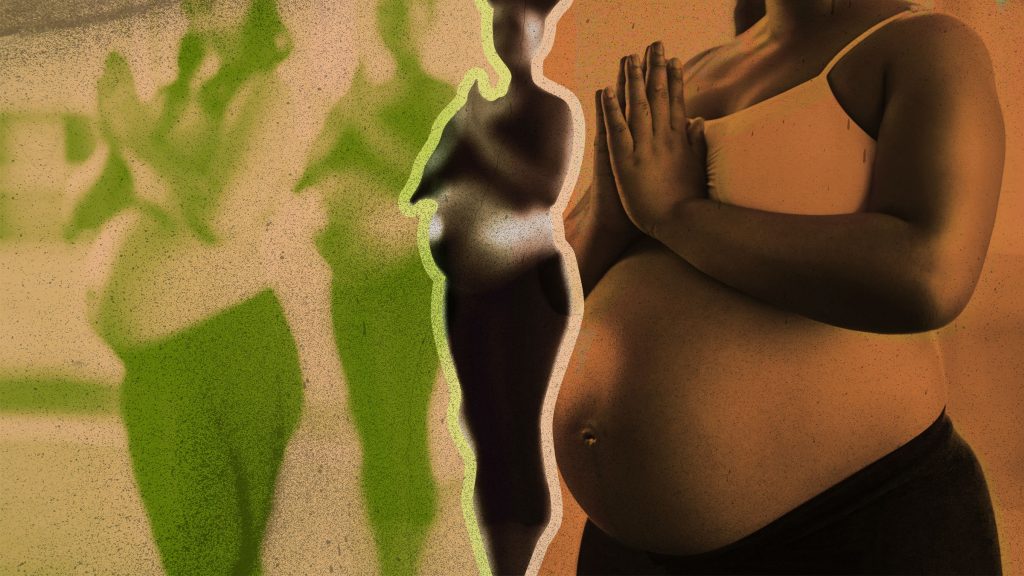Inequality Is a Health Risk—and It’s Getting Worse
Inequality Is a Health Risk—and It’s Getting Worse
Inequality is not just a social issue—it also has serious implications for health outcomes. Research has shown that individuals in…

Inequality Is a Health Risk—and It’s Getting Worse
Inequality is not just a social issue—it also has serious implications for health outcomes. Research has shown that individuals in lower socio-economic classes tend to have higher rates of chronic illnesses, such as heart disease, diabetes, and obesity. This is due to a number of factors, including limited access to quality healthcare, unhealthy living conditions, and stress from financial insecurity.
Furthermore, as inequality continues to worsen, these health disparities are only growing. The gap in life expectancy between the wealthy and the poor is widening, with the richest individuals living up to 15 years longer than the poorest. This is a stark reminder that income inequality is not just about money—it’s a matter of life and death.
One of the main reasons why inequality leads to poor health outcomes is because of the lack of access to preventative care. Individuals who cannot afford regular medical check-ups or healthy food are more likely to develop chronic conditions that could have been prevented with early intervention.
Additionally, the stress of living in poverty can have a significant impact on both mental and physical health. Chronic stress has been linked to a range of negative health outcomes, including weakened immune systems, high blood pressure, and depression.
It is clear that addressing income inequality is not just a moral imperative, but also a public health necessity. Policies that aim to reduce the wealth gap and improve access to healthcare for all individuals are crucial in order to create a healthier society for everyone.
As we continue to grapple with the devastating effects of the COVID-19 pandemic, it is more important than ever to recognize the role that inequality plays in determining health outcomes. The most vulnerable populations—such as communities of color, immigrants, and low-income individuals—have been disproportionately impacted by the virus, further highlighting the urgent need for social and economic reform.
In conclusion, the relationship between inequality and health is undeniable. As long as income disparities continue to widen, we will continue to see stark disparities in health outcomes. It is crucial that we work towards creating a more equitable society in order to ensure that everyone has the opportunity to live a long and healthy life.






